Asian and Pacific Coconut Community
The Asian and Pacific Coconut Community (APCC or Cocommunity) is an intergovernmental organisation of states in Asia-Pacific that produce coconuts. The purpose of the APCC is "to promote, coordinate and harmonize all activities of the coconut industry".[1]
In Bangkok on 12 December 1968, the Agreement establishing the Asian Coconut Community was concluded and signed by India, Indonesia, and the Philippines. After the treaty was ratified by these states, the Asian Coconut Community came into existence on 9 September 1969 with headquarters in Jakarta. When states outside Asia began to be admitted to the organisation, its name was changed to the "Asian and Pacific Coconut Community".
The member states of the APCC account for over 90 per cent of the world's coconut production and coconut exports. Member states of the APCC and the dates they joined are as follows (an asterisk indicates that the state has ratified the original 1968 Agreement):
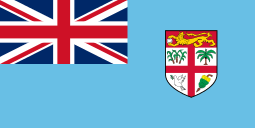 Fiji
Fiji  India* (1969)
India* (1969) Indonesia* (1969)
Indonesia* (1969)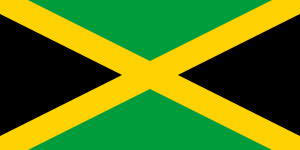 Jamaica* (2011, associate member)
Jamaica* (2011, associate member) Kenya (associate member)
Kenya (associate member)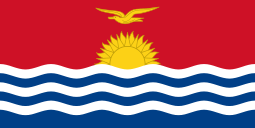 Kiribati* (2004)
Kiribati* (2004) Malaysia* (1972)
Malaysia* (1972)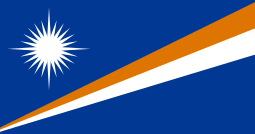 Marshall Islands* (2004)
Marshall Islands* (2004)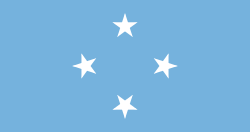 Federated States of Micronesia* (2004)
Federated States of Micronesia* (2004)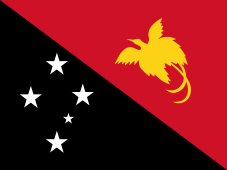 Papua New Guinea* (1976)
Papua New Guinea* (1976) Philippines* (1969)
Philippines* (1969) Samoa* (1972)
Samoa* (1972)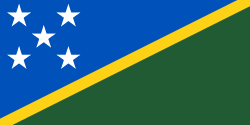 Solomon Islands
Solomon Islands Sri Lanka* (1969)
Sri Lanka* (1969) Thailand (1972)
Thailand (1972) Tonga
Tonga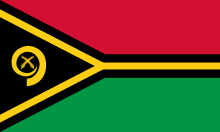 Vanuatu
Vanuatu Vietnam* (2004)
Vietnam* (2004)
Executive Directors
- Mr. G. P.Reyes (1969–85)
- Mr. P. G.Punchihewa (1985–2000)
- Mr. Norberto Boceta (2000–01)
- Dr. P. Rethinam (2002–05)
- Mr. Romulo N. Arancon, Jr. (2006–13)
- Mr. Uron N. Salum (2013–)
Notes
- ↑ Asian and Pacific Coconut Community: About Us Archived August 29, 2011, at the Wayback Machine..
External links
- Asian and Pacific Coconut Community: official website.
- Ratifications of 1968 Agreement.
